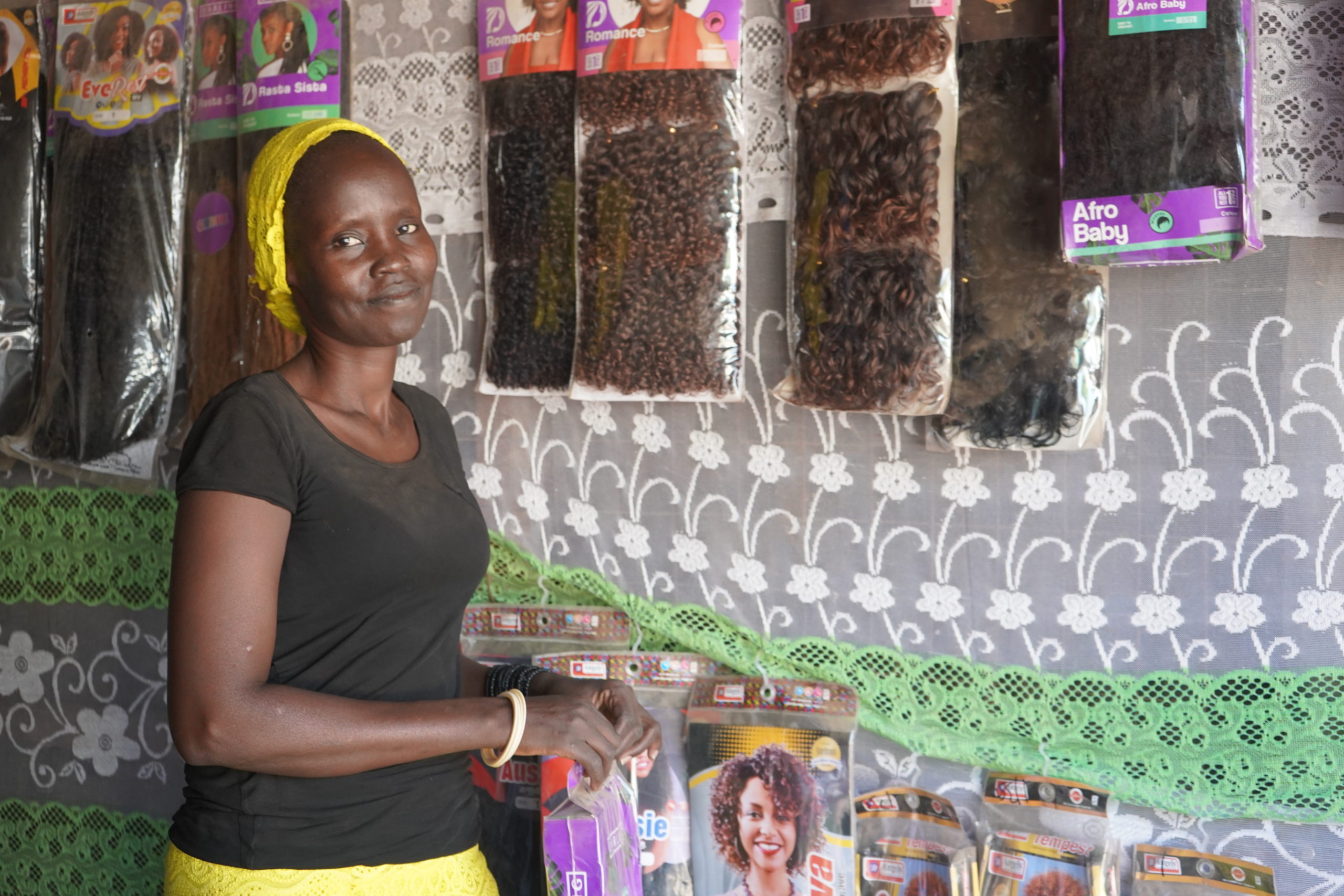Kenya
The COVID-19 pandemic has had an unprecedented economic impact, especially on the informal economy. In Kenya, the economic and social insurance policies implemented by the Government to mitigate the effects of the crisis largely excluded the informal sector, which employs 11.8 million workers and accounts for 83.6% of the labour force (Kenya National Bureau of Statistics, Economic Survey, 2019). Informal economy workers and their families were particularly vulnerable due to limited access to social protection measures to cushion their income losses. Women constitute the majority of the informal workforce (66%) and are among the most affected.
The project focused on designing comprehensive, gender-sensitive social protection schemes and social health protection for all in Kenya.
It also supported the National Hospital Insurance Fund (NHIF) in extending social health protection coverage and maternity benefits to all, with a particular focus on workers in the informal economy and other vulnerable groups, such as refugees, persons with disabilities, and people living with HIV. This plan was in line with the Government of Kenya’s commitment to reach Universal Health Coverage by 2022.
The NHIF was created as a social health insurance for formal sector workers. However, in recent years it has reviewed its portfolio to expand its services and coverage to workers in the informal economy and vulnerable groups.
Project implementation period: March 2022 to March 2023.
Key results achieved in 2022
The Project worked closely with NHIF to promote the extension of social protection to uncovered populations. This was done through the following approaches:
- supporting the development of NHIF strategy to extend social protection coverage, especially to workers in the informal economy, and improve NHIF operations and service delivery via:
(i) an institutional assessment of the NHIF, and
(ii) a large beneficiary satisfaction assessment;
- supporting the design of a new universal maternity income benefit for Kenya, aiming to provide income security after delivery and thereby ensuring the health of mother and child, particularly for women working in the informal economy.
Resources
- Presentation: Extending social health protection coverage to the informal economy – Introduction, November 2022
- Presentation: Kenya universal maternity income protection: Report – Kenya context and background, November 2022
- Presentation: Maternity Income Protection (MIP) – International Labour Standards and good practices, November 2022
News & Events
- SP&PFM workshop with the management team of NHIF to discuss the maternity income benefit and the NHIF strategy to extend coverage to currently uncovered populations (Mombasa, 7-11 November 2022)
- The National Health Insurance Fund in Kenya refine strategy to extend coverage (20-24 March)
Partners
The ILO will closely work with the Ministry of Public Service, Gender, Senior Citizens and Special Programmes, Ministry of Labour, Ministry of Health, the National Hospital Insurance Fund, the National Social Security Fund, and other social protection institutions, and in partnership with the Federation of Kenya Employers, the Central Organization of Trade Unions in Kenya, informal economy and vulnerable groups representative associations. The project will also engage with the Social Protection Sector Working Group, which has the EU and several other development partners among its members.
Contacts
M Andrew Allieu, Senior Social Protection Specialist, ILO DWT for Eastern and Southern Africa, allieu@ilo.org
Ms Shana Hoehler, Technical Officer – Social Health Protection for Refugees and Host Communities, PROSPECTS, ILO Country Office for the United Republic of Tanzania, Burundi, Kenya, Rwanda and Uganda, hoehler@ilo.org
Ms Hellen Magutu, National Project Coordinator, ILO Country Office for the United Republic of Tanzania, Burundi, Kenya, Rwanda and Uganda, magutu@ilo.org



